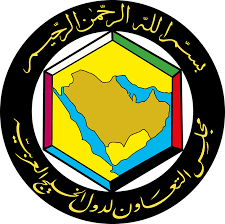London/Manama: Fitch Ratings says financing growth at UAE Islamic banks continued to fall with varying degrees in 2018 and was in line with conventional banks. Financing growth still benefitted from broader adoption and innovative structuring of sharia-compliant products, as well as young and fast-growing franchises in some Islamic banks.
For 2019 asset-quality metrics will remain under pressure, particularly for Islamic banks with weaker and younger franchises. Financing growth is likely to be slightly above mid-single digits. Sharia standardisation should lead to greater market confidence but implementation and adoption risks remain, particularly in realigning existing products and processes, governance requirements and reporting procedures.
Asset-quality metrics stabilised in 2018 but remained weak. The financing impairment charges-to-average gross financing ratio decreased and was in line with conventional banks’ as provisioning levels have already been built up.
The operating profit/risk-weighted assets ratio improved in 2018 due to reduced financing impairment charges but remained slightly below conventional banks. Cost-to-income ratios have fallen but remain significantly above that of conventional banks. This is mainly due to larger branch networks for the size of the banks’ franchise.
The gross financing/deposits ratio increased slightly to 93% at end-2018 due to faster financing growth than deposit growth and was 140bp above conventional banks. The Islamic financing base reached 30% of sector financing at end-2018. Growth in Islamic deposits slowed to 27% of sector deposits. Islamic banks continue to be mainly deposit-funded domestically (84% of total funding; higher than conventional banks’).
Capital ratios have increased over the past three years due to lower financing growth, reasonable internal capital generation and a small number of rights issues. Total capital adequacy ratios are now in line with conventional banks’; core capital ratios remain below those of conventional banks although the difference has narrowed significantly.
The UAE continues to progress on Islamic banks regulations. Federal law No. 14 of 2018 established a Higher Sharia Authority, which operates under the umbrella of the UAE central bank and oversees sharia compliance. Islamic banks must now adhere to sharia standards issued by the Accounting and Auditing Organisation for Islamic Financial Institutions (AAOIFI). Islamic banks have to produce a gap analysis between current practices and AAOIFI standards by mid-2019, followed by an impact assessment before year end.



